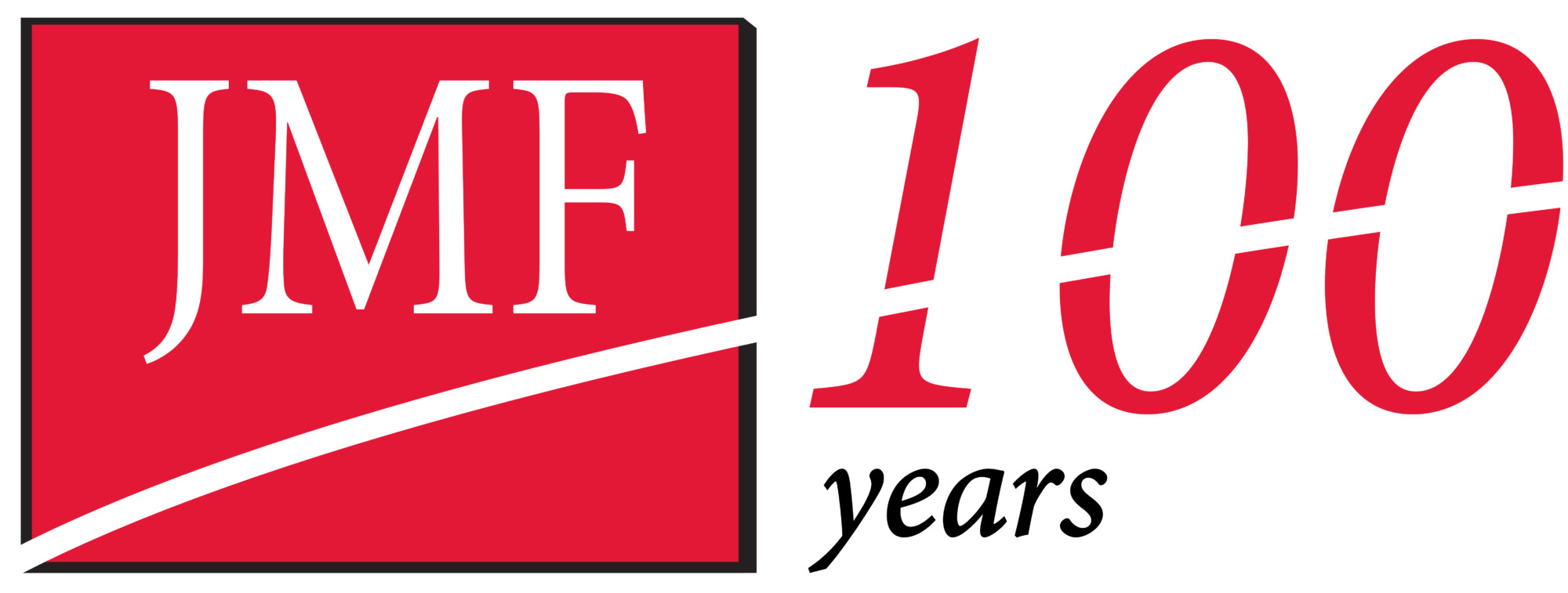Paying income tax is bad enough, but insult is added to injury if you are assessed any tax penalties. There are numerous no-nos for individuals and small-business owners to avoid, but here are five of the major offenses in the tax code.
1. Payroll taxes: If a business willfully fails to deposit payroll taxes, the “responsible person” can be held personally liable for 100% of the tax that is due. For this purpose, a small-business owner may be a responsible person, even if he or she has designated another employee to handle payroll matters. Liability may be avoided only if you can show that the failure to deposit the taxes was due to a “reasonable cause.”
2. Required minimum distributions: After you reach age 70½, you must begin taking annual required minimum distributions (RMDs) from qualified plans and traditional IRAs. The required amount of the annual RMD is based on life expectancy tables and your account balances on the last day of the previous year. If you do not comply, the IRS may impose a penalty equal to 50% of the amount that should have been withdrawn (or the difference between the required amount and the amount actually withdrawn).
3. Report of Foreign Bank and Financial Accounts: An investor must file a Report of Foreign Bank and Financial Accounts (FBAR) with the government if he or she had amounts in foreign bank accounts exceeding a total of $10,000 at any point during the prior year. This requirement is designed to discourage taxpayers from hiding funds in offshore accounts. If the violation is willful, a failure to file may result in a penalty equal to the greater of $100,000 or 50% of the balance in the account for each violation. In cases involving fraud, even steeper penalties—including possible prison time—could be imposed.
4. Early withdrawals: For early withdrawals from a qualified plan or IRA before age 59½, you generally owe a 10% penalty tax, in addition to the regular income tax on the distribution. However, the tax law contains numerous exceptions to the 10% penalty, including one for substantially equal periodic payments (SEPPs). If you take an early withdrawal that is not a SEPP or does not qualify under another exception, there is no penalty or regular tax liability if you roll over this amount into a qualified plan or IRA within 60 days.
5. ACA requirements: The Affordable Care Act (ACA) established a health insurance mandate for both individuals and employers. For individuals, the ACA penalty in 2016 for failing to obtain coverage is the greater of 2.5% of annual household income or $695 per person ($347.50 per child under 18), up to a maximum of $2,085 per family. For employers with 50 or more full-time or full-time equivalent (FTE) employees, the penalty in 2016 is generally $2,160 per year for each full-time or FTE employee (but the first 30 full-time employees are excluded from the calculation).
Don’t pay any more to the IRS than you have to. Avoid these major penalties, as well as others in the tax law, to minimize your liability.





Leave A Comment
You must be logged in to post a comment.